
It hit me just yesterday that we’ve been previously unable to share performance numbers on the one Jasper Lake Chromebook we have in the office right now. The Acer Chromebook 317 is a monster device in numerous ways, but hiding inside that massive 17-inch chassis is the first Japser Lake Intel chip that we’ve been able to actually use on a regular basis, and with the first model we receieved, we agreed not to share any hard numbers on performance under embargo. We have a production version in-hand now, so we can talk about it. And rest assured, the news is very good.
If I’ve said it once, I’ve said it a hundred times: there are a ton of Jasper Lake Chromebooks coming in the second half of 2021. Just check our list of development devices to see what I mean. But a bunch of Chromebooks with Intel’s latest small-core chips inside wouldn’t make for much of a fuss if the chip didn’t bring the significance performance gains we were hoping for. Good news? It totally does and we now have some numbers to prove it.
For reference, we’re comparing this to last year’s Intel Gemini Lake processors that raised the bar in their own right. With Intel’s inexpensive small-core chips in the past, the performance was always an issue. Paired up with cheap build quality and bargain parts, small-core Intel Chromebooks prior to last year’s Gemini Lake devices were just painful to use in most situations. Gemini Lake fixed this and gave us usable performance for little money, but we’ve known for quite some time that the jump to Jasper Lake might be a big deal. And it absolutely is.
We could talk for a bit about why this jump is so significant, but I’d point you to this article we wrote not long ago as we began to truly anticipate these new Jasper Lake Chromebooks. To put it simply, the cores are better, the process is smaller (faster, more power efficient) and the GPU is more powerful. All that sounds good and we’ve really been hopeful that it would translate to better overall Chromebook experiences, and it absolutely does. As always with Intel’s small-core processors, the point is performance on smaller budgets, and if the general Chromebook market does what it normally does, we’re in for some great performance in machines that cost less than $300 on the regular. Now, let’s look at some actual benchmarks.
Intel Jasper Lake Chromebook benchmarks
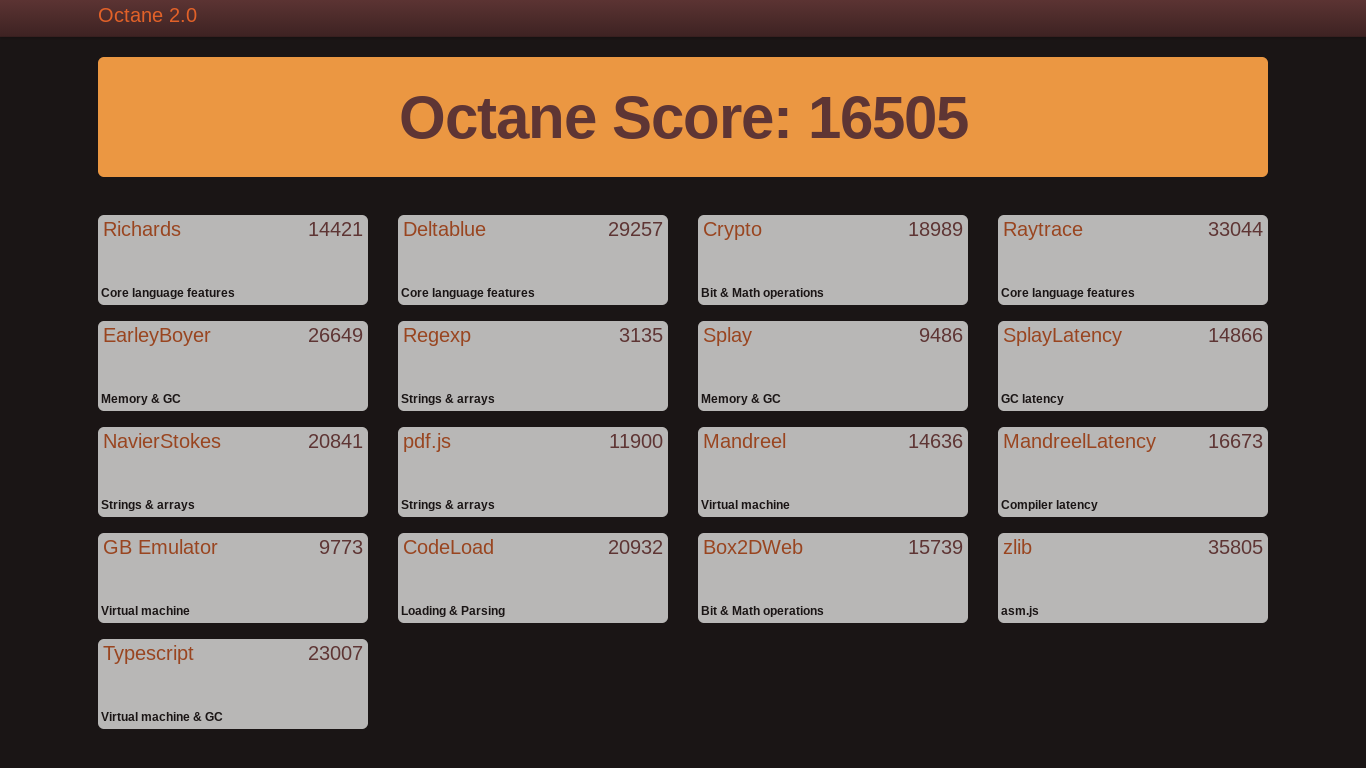
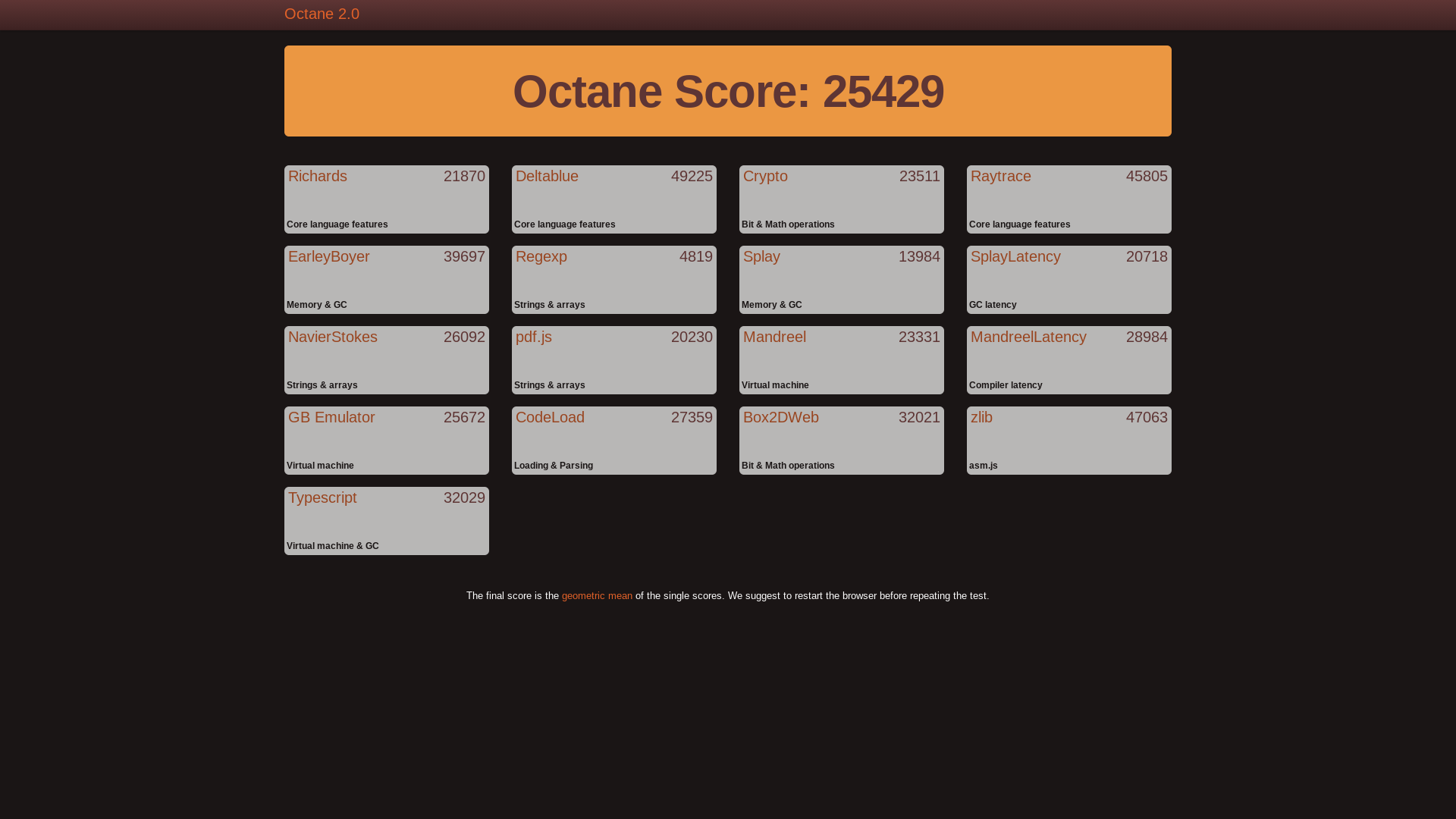
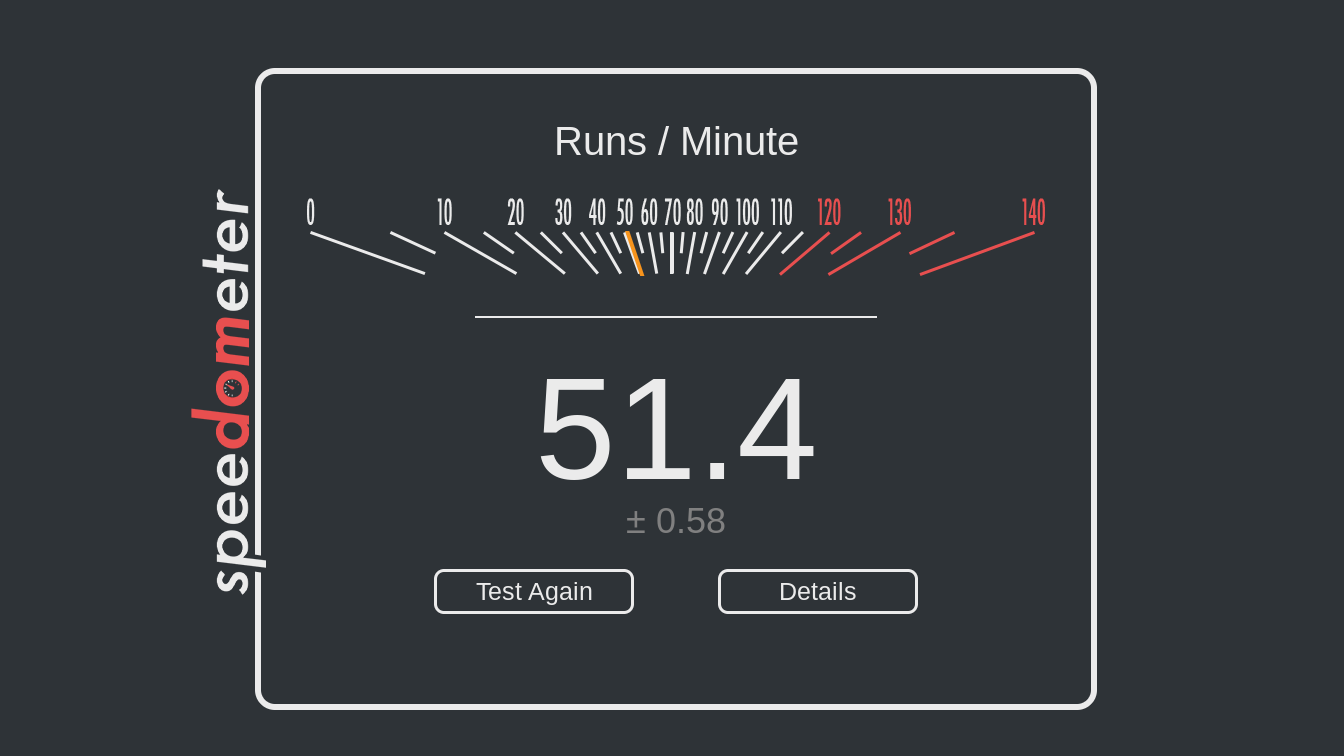
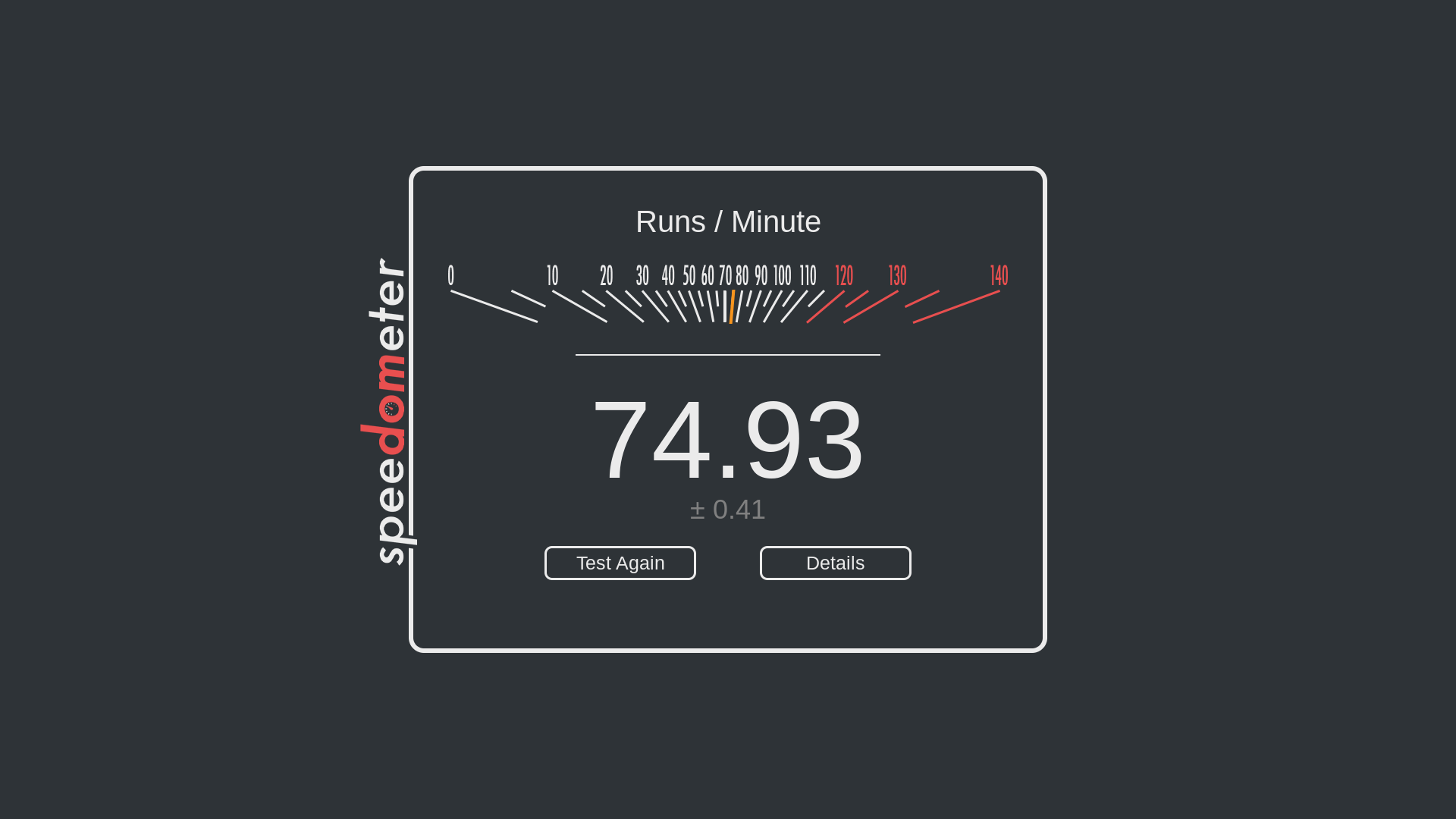
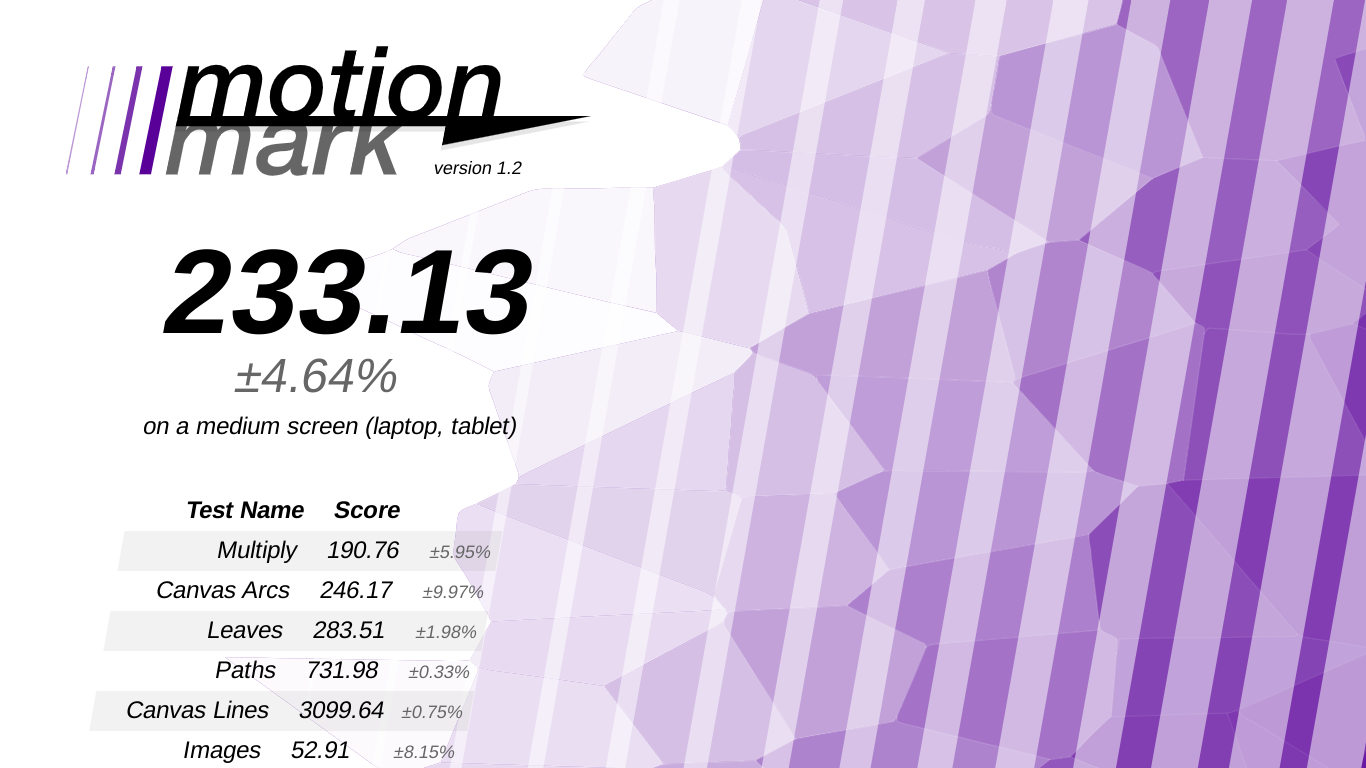

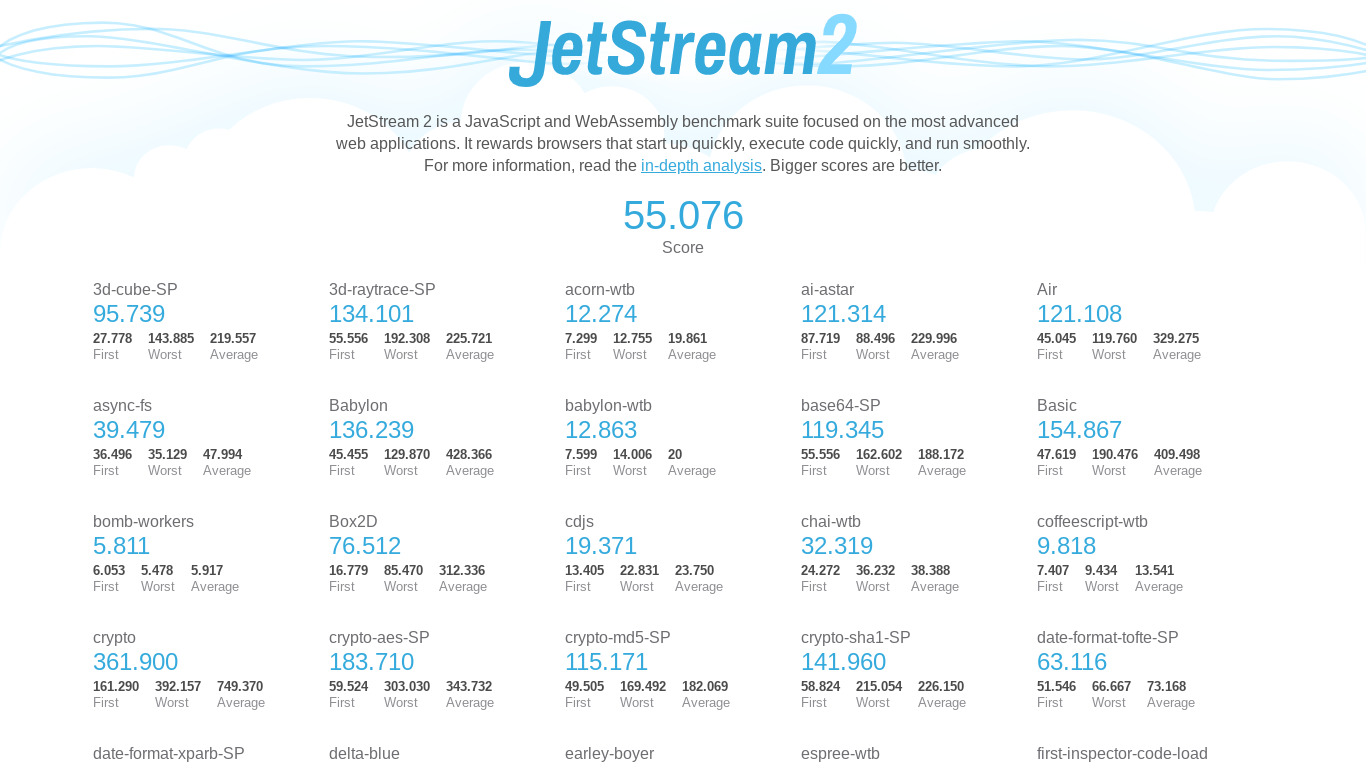
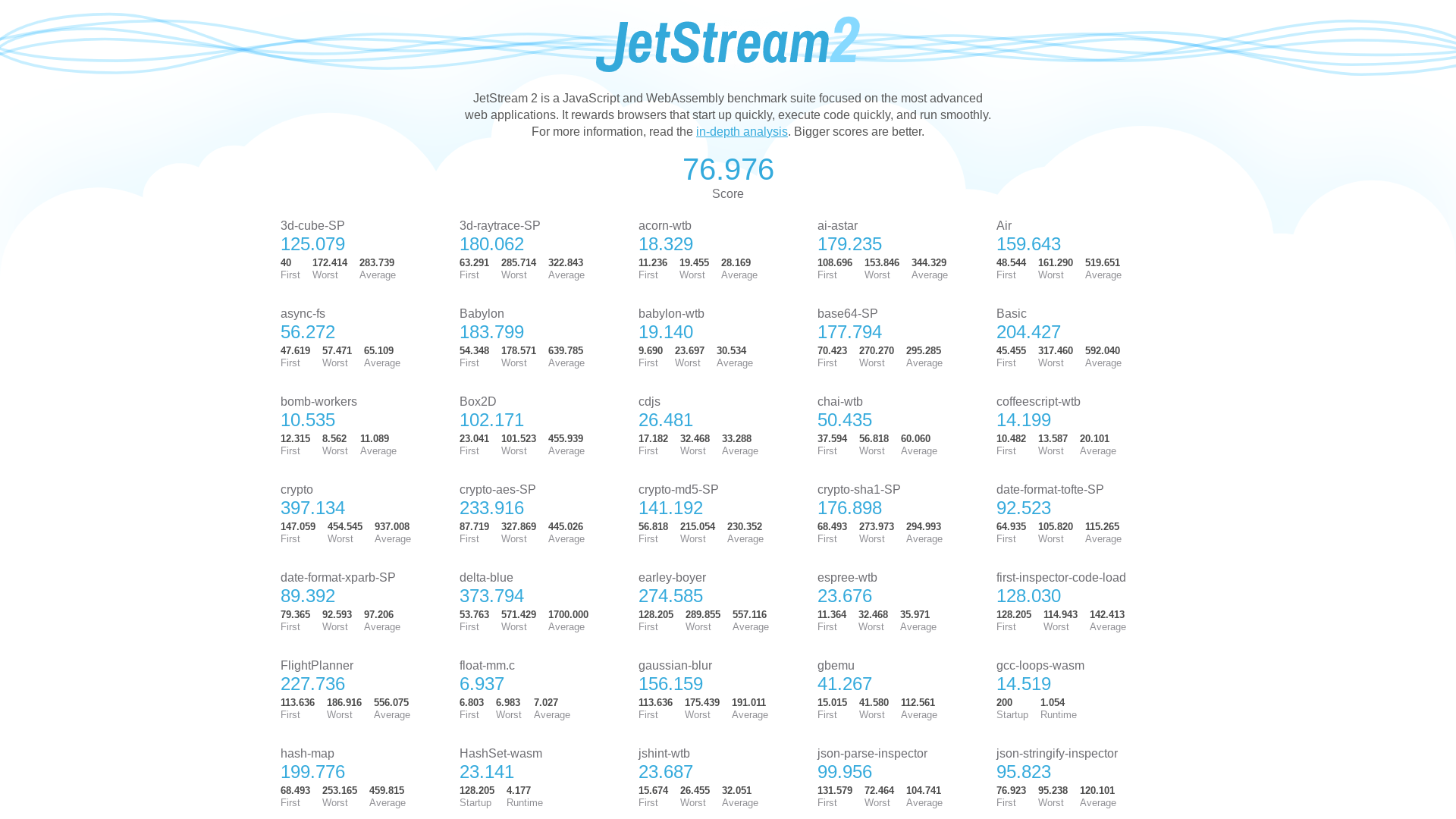
As you can see from the side-by-side comparisons (Gemini Lake on the left, Jasper Lake on the right), this is a massive leap in performance – over 50% gains on some tests. For reference, we are testing the base Gemini Lake (Celeron N4000) versus the base Jasper Lake (Celeron N4500) for all these benchmarks. There are upgrades available in each chip lineup that can get you into a Pentium Silver, but we wanted to look at the base models for this comparison because that is what is most likely going to be inside the low-end, affordable Chromebooks many users will be looking at this fall and into the holiday season.
With numbers like this, we’ve finally arrived in a space where affordable no longer means slow or under-performing. Sure, we’re not talking about Tiger Lake Chromebook territory, here, but I can confidently pick up an entry-level Jasper Lake Chromebook and get my work done with no issues whatsoever. In fact, that’s exactly what I’ve done with the Acer Chromebook 317 on multiple days. With lots of desks open and all my usual workflow, this chip keeps up and I’m blown away by a device that has great speakers, a 300-nit 17-inch screen, and a good-enough build quality that I don’t really think much about it. At an MSRP of $379, I could see this Chromebook dipping below $300 on a regular basis and that is just crazy to consider. I’ve said it before, but it bears repeating: affordable Chromebooks are getting seriously good, and it’ll be exciting to watch it unfold in the second half of 2021.
Join Chrome Unboxed Plus
Introducing Chrome Unboxed Plus – our revamped membership community. Join today at just $2 / month to get access to our private Discord, exclusive giveaways, AMAs, an ad-free website, ad-free podcast experience and more.
Plus Monthly
$2/mo. after 7-day free trial
Pay monthly to support our independent coverage and get access to exclusive benefits.
Plus Annual
$20/yr. after 7-day free trial
Pay yearly to support our independent coverage and get access to exclusive benefits.
Our newsletters are also a great way to get connected. Subscribe here!
Click here to learn more and for membership FAQ

